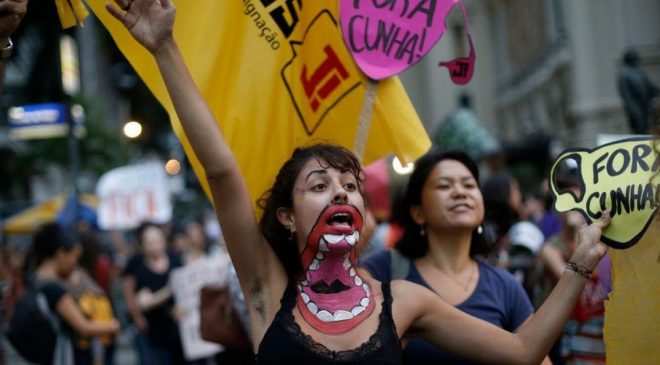
A recent report by the Brazilian Public Security Forum revealed a shocking record of 74,930 registered rape cases in Brazil in 2022, making it the highest number in the country’s history. Disturbingly, over 60 percent of the survivors were under the age of 14, and in many instances, the abusers were relatives or acquaintances of the victims. The actual number of survivors is likely even higher as many face barriers when reporting sexual abuse to authorities.
The study highlighted the crucial role of schools in safeguarding children. Samira Bueno, the executive director of the Forum, emphasized that children often struggle to recognize instances of sexual violence until they receive proper sex education and have open discussions with teachers about these sensitive issues. Experts have long argued that age-appropriate sexuality education can play a vital role in preventing gender-based violence and discrimination while promoting gender-equitable attitudes and self-assurance among students. Despite this, conservative lawmakers in Brazil have repeatedly attempted to ban sexuality education in schools, using disinformation to exploit the subject for political gain.
Human Rights Watch published a report in 2022 examining hundreds of bills and laws introduced since 2014 aimed at prohibiting gender and sexuality education in schools. The report also shed light on the harassment faced by teachers for broaching these topics in classrooms. In response to the censorship, more than 80 education and human rights organizations joined forces to create a manual protecting teachers and their rights to discuss these important matters. Fortunately, the Brazilian judiciary has played a crucial role in striking down regressive laws, with the Supreme Court making landmark rulings in 2020 that invalidated eight state and municipal bans on gender and sexuality education, citing violations of equality, nondiscrimination, and education rights. However, conservative lawmakers continue to push similar bans, perpetuating the harmful politicization of gender and sexuality education.
To tackle this urgent issue, Brazilian authorities must prioritize the well-being of children and youth and cease politicizing gender and sexuality education. By strengthening sexuality education in schools and ensuring access to age-appropriate information, Brazil can raise awareness, reduce sexual violence, and provide better support for survivors. It is imperative for the country to come together and take comprehensive action to protect its young population and create a safer and healthier society for all.
